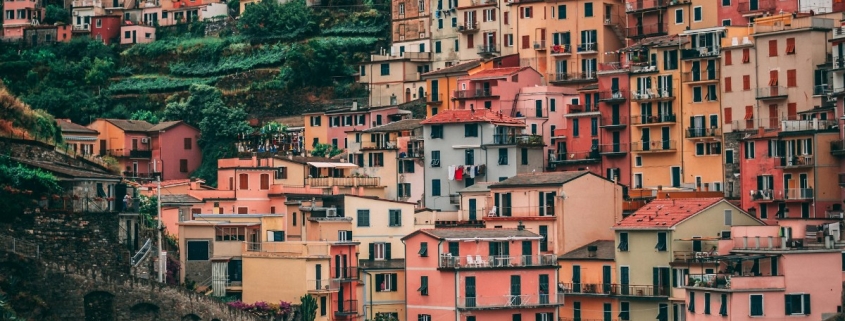Owning a property in Italy: which taxes do you have to pay?
Once you have successfully found a property in Italy and have become the proud owner of a beautiful house along the coast, up on the mountains or in a historic city, you become responsible to pay some annual taxes.
These are:
− IMU
− TaRi
IMU stands for Imposta Municipale Unica and is a tax paid to the Comune where the property is located.
The amount of IMU is worked out from the cadastral value of the property and is a percentage fixed by the Comune.
The good news is that if the property is your main home, you don’t have to pay the IMU.
On the opposite, if the property is your second/holiday home, and even if the property is rented out, you are bound to pay it.
TaRi stands for Tariffa Rifiuti and it’s a waste tax. This tax is due by owners or tenants, whoever has the legal right to use the property.
The amount of the TaRi is as well worked out by the Comune where the property is located.
The TaRi is made of two parts. One part is fixed and is always payable; the other part is variable and can be reduced in some cases, for example if you live alone or if you don’t live permanently there, etc. Please check with your Comune to verify if you are entitled to some exemptions or reductions.
You become responsible for these taxes from the day you become the owner.
Check with your Comune how to register and how to pay the relevant taxes.
If you don’t pay these taxes, you may incur hefty fines.
To know about one-off taxes and costs to incur when buying a property in Italy, see here.
This article is not exhaustive and is a guidance only.
If you need assistance in buying a property in Italy, please do get in touch.
Barbara De Benedittis Relocation and Legal in Italy



